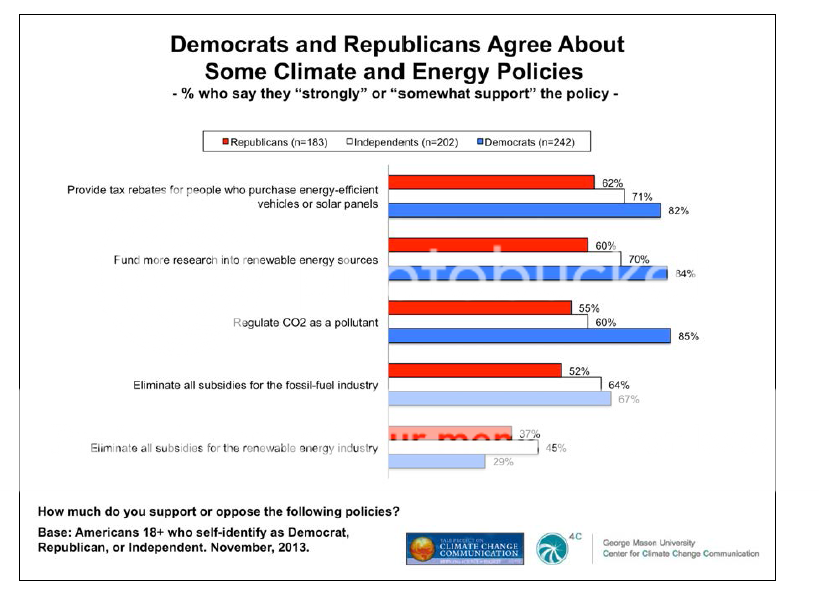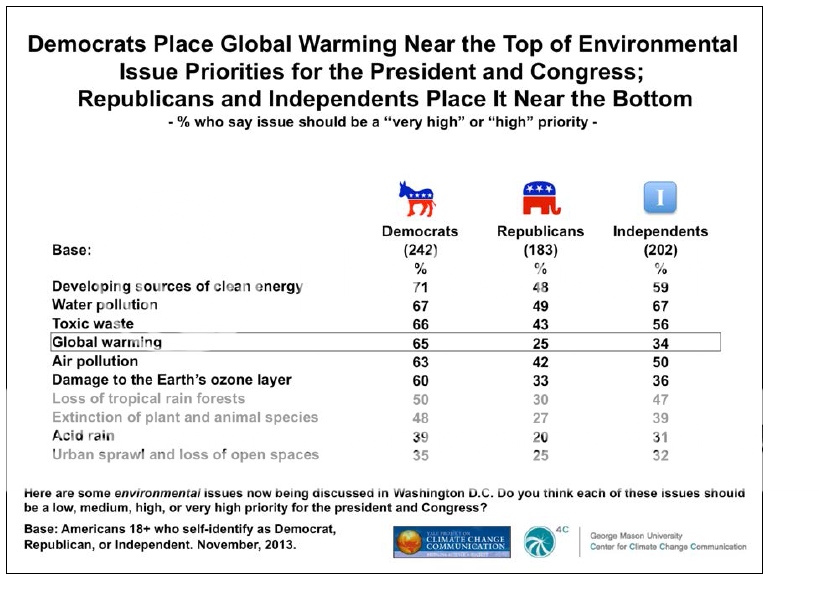Two weeks ago, at a Democratic retreat in Maryland, Vice President Joe Biden told Democrats that Obama would not get fast-track trade authority any time soon.
"Nancy, I know it's not coming up now,” Biden said to Pelosi, according to a Democratic aide in the room.He further tried to allay Democratic concerns about the lack of transparency in negotiations:
Biden also assured the lawmakers in the Friday address that the administration would be transparent about its plans.
"Look at me, I promise," Biden said, according to an aide. It was unclear if Biden meant transparent to the general public, or just lawmakers, who already have access to the sealed information about the deals. Obama's trade representative recently cut off a briefing to Vermont lawmakers when they insisted that the public be allowed to listen in.Today, however, Biden has an op-ed in the Financial Times, entitled "We cannot afford to stand on the sidelines of trade," extolling the benefits of the TPP and TTIP and calling on Congress to pass fast-track authority.
Here are excerpts:
The US is currently negotiating major trade agreements across the Atlantic and Pacific. Both deals are historic in scope, offering us a chance to shape the global economy in ways that strengthen US leadership in the world and the American middle class at home. …..
The global economy is at an inflection point. The choices we make now will determine our role in the world for decades to come. We have an opportunity to shape the path of global commerce to spread our values and benefit our people, and we should seize it.
The US has been the world’s pre-eminent economic power for many years and will remain so for the foreseeable future. But the rise of new economic powers means we will face fierce competition from more places than ever before.
…..
The two agreements now in the works would place the US at the centre of two vast trading regions. The Trans-Pacific Partnership would connect America to economies as diverse as Japan, Malaysia and Chile. The Transatlantic Trade and Investment Partnership would significantly deepen what is already a multitrillion-dollar economic relationship with the EU. Together they would unite nearly two-thirds of the world economy in support of open and fair economic competition.
…..
After decades when our economy grew but the middle class took a beating, Americans are understandably worried about rising inequality at home. The president and I are determined to address this. So the deals we are negotiating are different from those our country has signed before, reflecting the lessons of two decades of globalisation. They include unprecedented steps to protect labour standards, the environment and intellectual property, as well as new commitments against favouritism for state-owned enterprises. They require nations that might otherwise try to undercut us to match our high standards instead.
….
But the benefits are not just economic. As America reasserts its role as a Pacific power, many in the region are asking whether we are there to stay. Deploying soldiers and diplomats is essential. But as other nations use their economic might to compete for influence and even coerce smaller neighbours, there is no substitute for robust American economic engagement – on behalf of our own companies and in defence of open commerce and fair competition. The TPP has become a symbol of American staying power. We must see it through. Our European allies are already our security partners of first resort, from Libya to Afghanistan. TTIP will spur growth that helps both sides of the Atlantic continue to modernise and invest in the most powerful alliance in history.
When a president receives support and guidance from Congress, that strengthens America’s hand at the negotiating table. That is why the president and I have asked Congress to grant us trade promotion authority. This means that Congress outlines US objectives in detail and sets the terms for close consultation. Congress gets the final say when it puts the resulting agreements to a simple vote.
I realise trade can be a contentious issue. Having run for office a few times myself, I do my best never to tell another man or woman his or her politics. But I also believe that good policy makes good politics. And trade that strengthens America’s middle class is both.As CEPR's Dean Baker has frequently noted, the Trans-Pacific Partnership and the Transatlantic Trade and Investment Partnership are not about trade. Rather, they are about gutting environmental and consumer protections and extending corporate privileges. Leaked text from the TPP has shown the US's efforts to boost profits for Big Pharma and make medicines more expensive, require the patenting of medical procedures, and create more restrictive copyright laws to better line the pockets of Hollywood moguls. These deals will also promote fracking and offer backdoor financial deregulation. The TPP would ban "buy local" or "buy America" purchasing provisions and weaken food safety regulations. TTIP (or TAFTA) would do the same.
Both also create investor-state courts that allow a handful of private attorneys to order unlimited sums of taxpayer compensation for health, environmental, financial, and other public interest policies corporations claim undermine “expected future profits.” Such courts have caused much damage already.
The Economic Policy Institute has also debunked the boosterism around job creation from these deals, using NAFTA and KORUS (U.S.-Korea Free Trade Agreement) as case studies.
House Democrats have been skeptical of the administration's lobbying efforts, as well they should. Not only has USTR Michael Froman been blatantly rude to them, but he has also backtracked on his promises for better environmental protections.
Joe Biden seems to be trying to rebrand himself as a "working-class hero" in advance of a potential 2016 bid. If you believe that, then, well, I've got a bridge to sell you.



